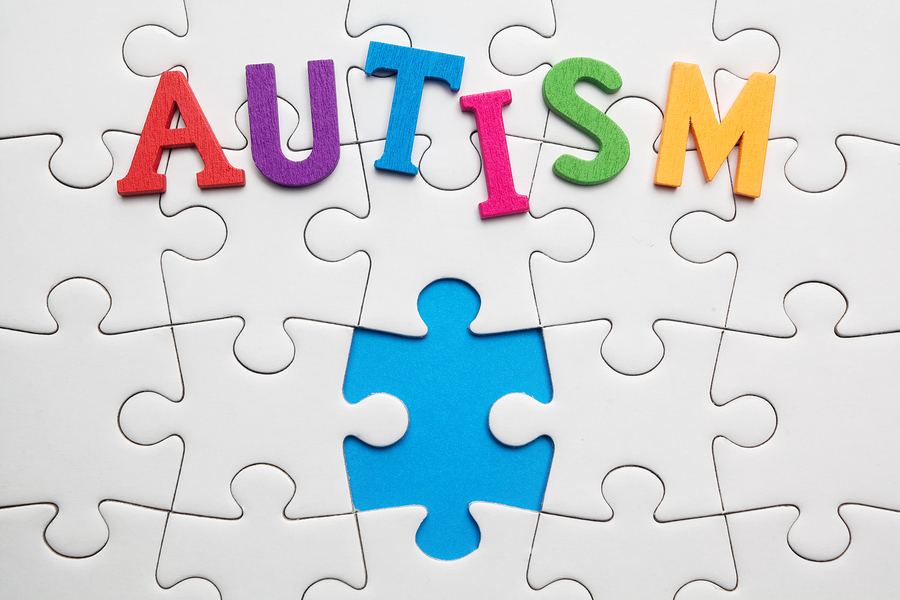- Make It Yourself Lavender Heart-Shaped Bath Bombs!
- 20 Things You Never Knew About “Down There”
- 12 Best Foods For Those Suffering From Arthritis Pain
- 12 Personal Hygiene Mistakes Almost Everyone Makes (Mom Never Told You About #4!)
- 15 Medicinal Plants And Herbs From The Cherokee People
- 12 Mind-Blowing Benefits Of Drinking Coconut Water During Pregnancy
- 12 Outstanding Winter Foods That Won’t Fatten You Up Like A Christmas Turkey
Vitamin Deficiencies And Autism: Things You Must Be Aware Of

Photo credit: bigstock.com
The causes of autism have been hot topics in the news for several years now. Part of the reason for the increased interest is that cases of autism have been on the rise since the late 1980’s. In fact, some studies predict that cases of autism could affect 50 percent of all children in as little as 20 years. This accelerated rate of autism is alarming and cause for concern among many medical professionals.
What is the reason behind this increased causation of the disease? Why is the disease emerging in an age of advanced medical treatment? Is there a way to slow down or completely prevent autism in our children? The answers to these questions are not easy to find; in fact, there is no known cure for autism and no “smoking gun” in terms of causation when it comes to the disorder.
Understanding the links between autism and causing factors is important if we are to end the disease. It is obvious that more understanding and more studies are needed in order to decrease the number of children impacted by this disease. One of the more exciting discoveries is the link between vitamin deficiencies and autism. This is good news because this is something that can be addressed in the home and in daily life. If a vitamin deficiency is indeed a contributor to the rate of autism, this is an important discovery for children everywhere.
Is Vitamin D the Problem?
Vitamin D and its ties to autism have been discussed before, but it hasn’t been studied in depth. In order to really grasp why this vitamin is important, you have to know what it does for the body. Vitamin D functions as a hormone and controls many of the body’s processes. In fact, vitamin D is incredibly important to our daily health, even though we may not think of it that often.
One thing that is interesting is that that as the number of autism cases has gone up so have the cases of vitamin deficiencies, specifically with Vitamin D. This is an important correlation for those studying the causes of autism and the increased rates of autism among today’s children. Current studies, though they have been small, show that children with autism also show lower levels of vitamin D when compared to normal children. These findings are encouraging and part of a larger group of data that contributes to our knowledge of autism and its causes.
Continue to Page 2




























